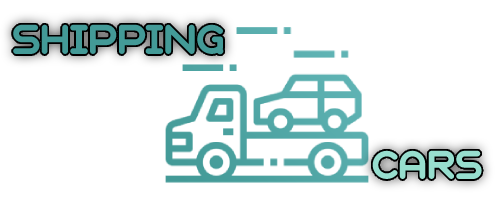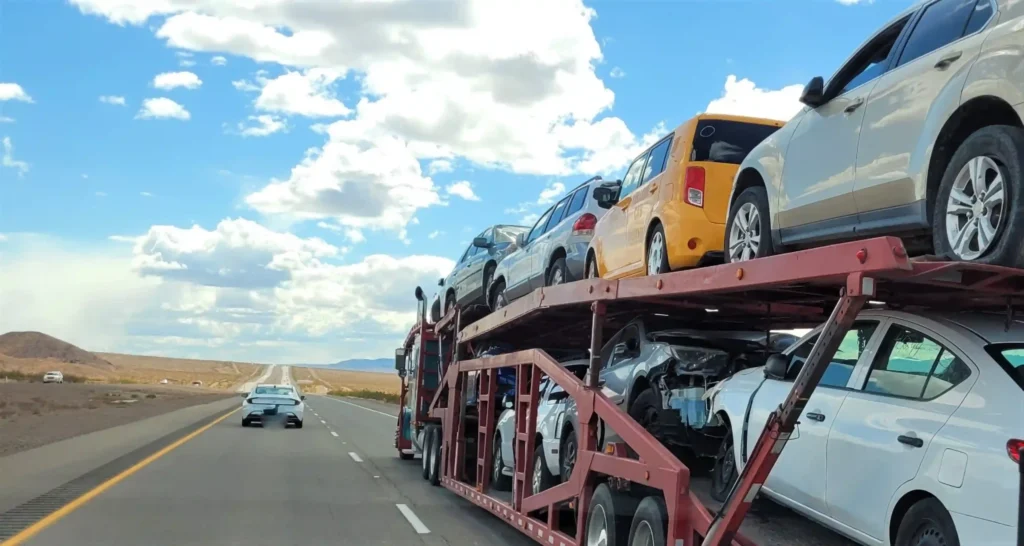When you’re exporting a car to another country, the customs clearance process can seem like a daunting task. However, with the right knowledge and preparation, you can make the process go smoothly. In this blog post, we’ll walk you through the essential steps for customs clearance in car exports. Whether you’re a first-time exporter or an experienced one, understanding these steps is crucial to avoid delays and ensure a hassle-free export process.
-
Ensure Compliance with Export Regulations
The first step to successful customs clearance in car exports is ensuring that your vehicle complies with the export regulations of both the country you’re exporting from and the destination country. Each country has specific rules regarding car exports, including emissions standards, safety requirements, and vehicle modifications.
Before you start the export process, it’s essential to:
Verify that the car meets the required safety and environmental standards in both the exporting and importing country.
Gather all necessary documents, such as the car’s registration certificate, proof of ownership, and a detailed invoice.
Research the destination country’s customs regulations for vehicles to avoid any surprises during clearance.
By ensuring compliance with these regulations early on, you can save time and avoid costly delays during the customs clearance process.
-
Hire a Professional Customs Broker
Customs clearance can be complicated, especially when it involves international trade. Hiring a professional customs broker is one of the best decisions you can make to navigate the process smoothly. A customs broker is a licensed expert who handles the documentation, taxes, and customs duties for you.
Here’s how a customs broker can help:
They will assist in preparing and submitting all the required documents, such as customs declarations and import/export permits.
They can help calculate and pay the necessary duties and taxes, ensuring that you don’t miss any critical fees.
With their knowledge of international shipping regulations, they can ensure that your vehicle is cleared without unnecessary delays.
While hiring a customs broker involves a fee, the convenience and expertise they provide are well worth it.
-
Prepare the Required Documentation
Proper documentation is key to clearing customs efficiently. If any required documents are missing or incomplete, your shipment could be delayed, resulting in additional costs or even fines. Below are the essential documents required for customs clearance in car exports:
Bill of Sale/Invoice: This document proves the ownership of the vehicle and lists the price paid.
Certificate of Title and Registration: This document confirms that you legally own the car and that it is registered in your name.
Export Declaration: This form provides detailed information about the car, including its make, model, year, and value.
Proof of Payment for Customs Duties: Depending on the country, you may need to provide proof that the necessary taxes and fees have been paid.
Be sure to double-check that all required documents are in order before submitting them for customs clearance. If anything is missing or incomplete, the process will be delayed, and you may incur additional charges.
-
Pay Customs Duties and Taxes
One of the most significant parts of customs clearance in car exports is paying the applicable customs duties and taxes. The amount you will need to pay depends on the value of the car, its country of origin, and the destination country’s tax rates.
In many cases, these duties are based on the car’s value as determined by the customs authorities. To avoid surprises, it’s essential to be aware of the customs duties in the destination country. You can usually find this information on the country’s customs website or by consulting a professional customs broker.
Keep in mind that in addition to the customs duties, there may be other fees, such as:
Import taxes
Inspection fees
Delivery charges
Ensure that you pay these fees promptly to avoid any delays in the clearance process.
-
Arrange for Shipping and Delivery
Once your car clears customs, the final step is arranging for shipping and delivery to the destination. You’ll need to coordinate with the shipping company to schedule a pickup, especially if you’re shipping the car via container or roll-on/roll-off (RoRo) shipping.
It’s important to choose a reputable shipping company that specializes in car exports to avoid damage during transport. The shipping company will also provide you with tracking information, so you can monitor the progress of your shipment.
After the car arrives at its destination port, the customs clearance process will be complete, and the car can be released for delivery. At this point, you’ll need to either pick up the car from the port or arrange for it to be delivered to the final destination.
Why Choose Professional Help for Car Exports?
Navigating the steps for customs clearance in car exports can be complex. From ensuring compliance with various regulations to preparing all the necessary documentation, there’s a lot that can go wrong without the right expertise.
Working with professional customs brokers and shipping agents ensures that you avoid mistakes, minimize costs, and expedite the entire process. By leaving the paperwork and logistics to the experts, you can focus on other aspects of your business or personal goals, knowing that your vehicle is being taken care of by professionals.
Conclusion
The steps for customs clearance in car exports are essential for ensuring a smooth, hassle-free experience when sending a vehicle internationally. By complying with export regulations, hiring a professional customs broker, preparing the required documentation, paying necessary fees, and arranging for proper shipping, you can ensure that your car is cleared through customs without unnecessary delays or complications.
With the right knowledge and a reliable team on your side, you can navigate the complexities of car exports with ease. If you’re looking to export a car, consider enlisting the help of professionals to handle the customs clearance process for you.

